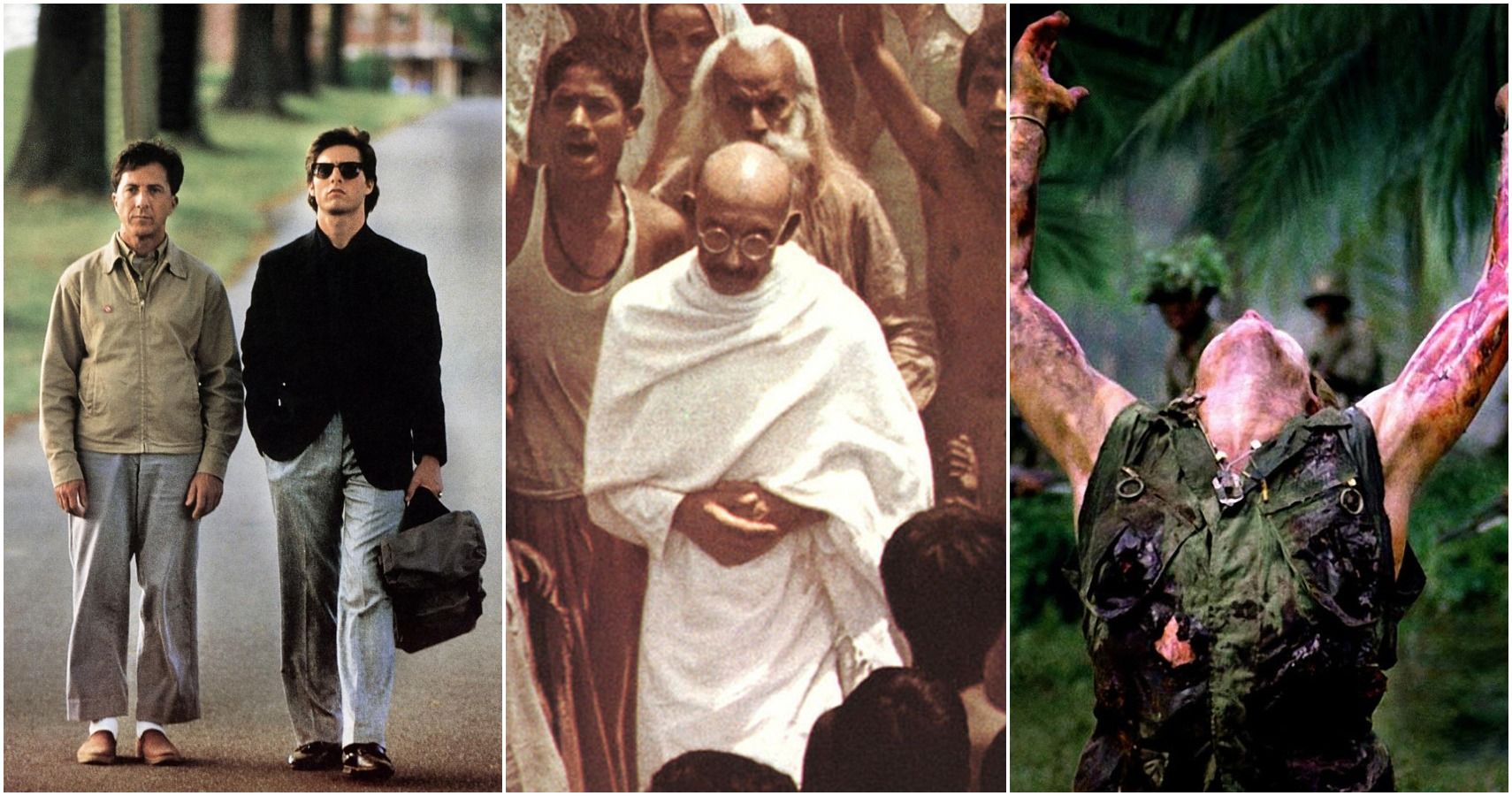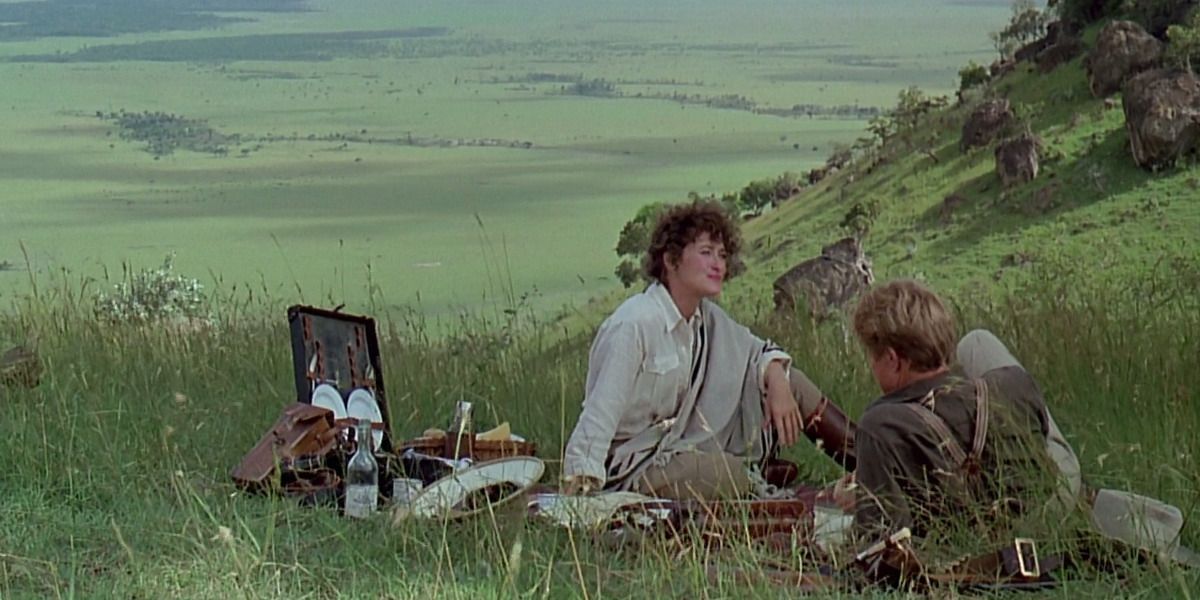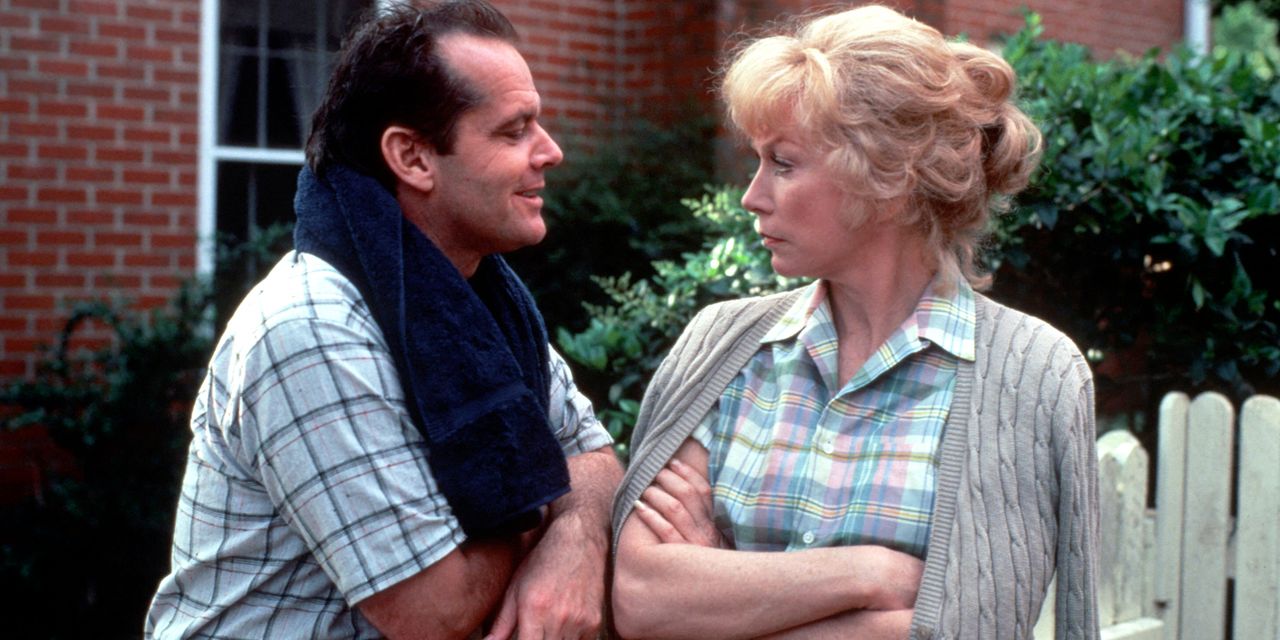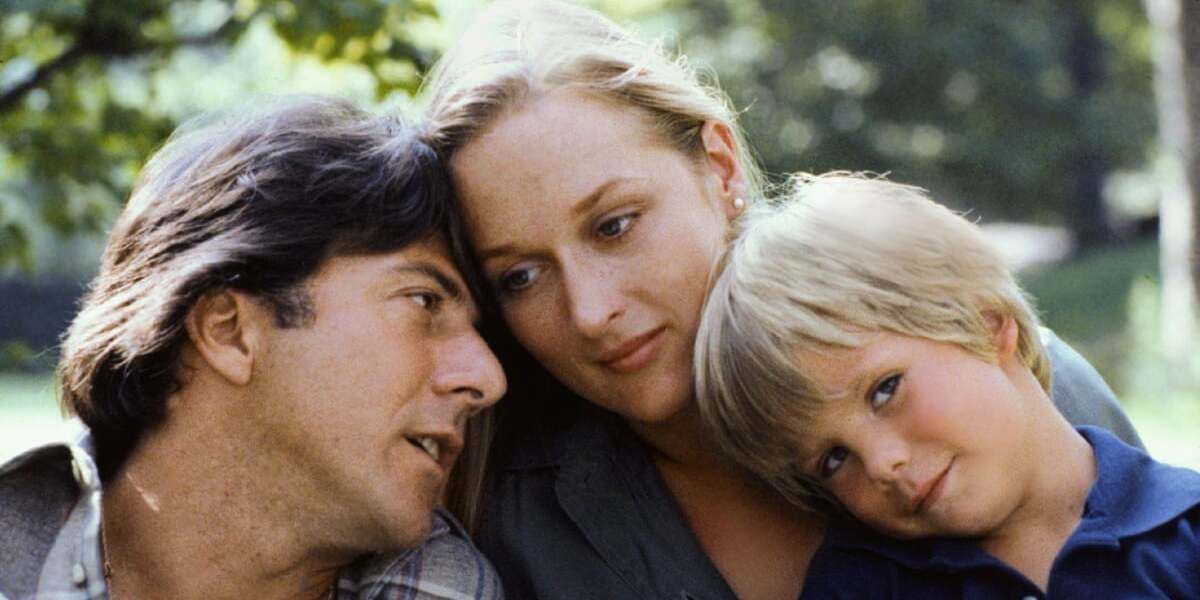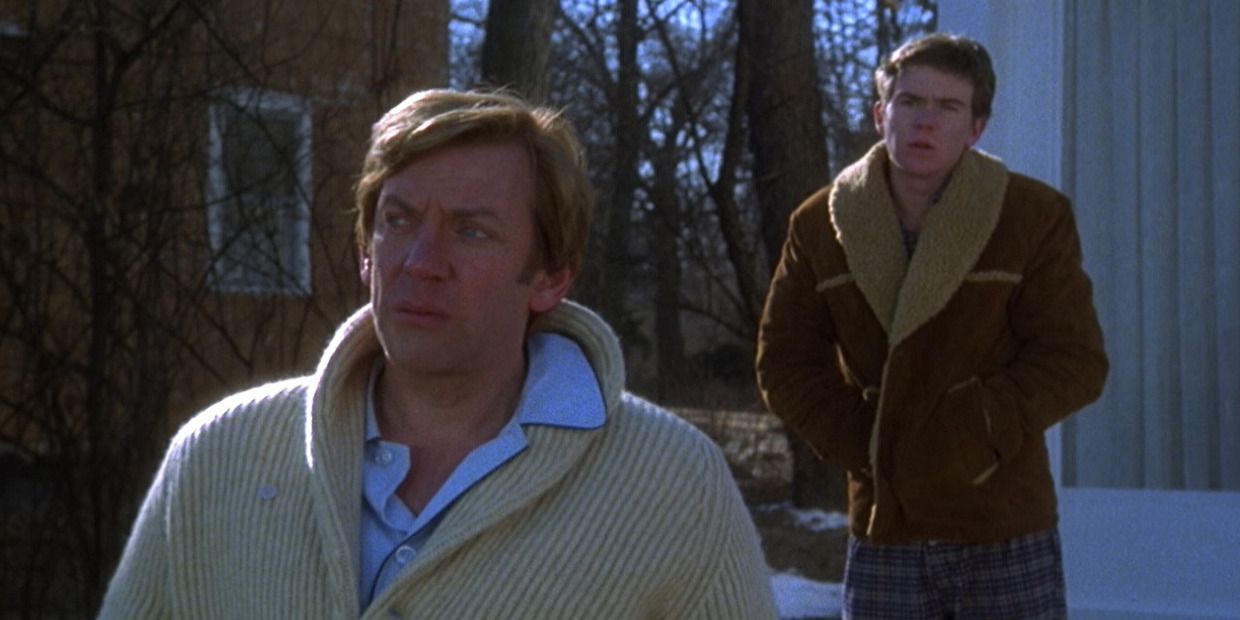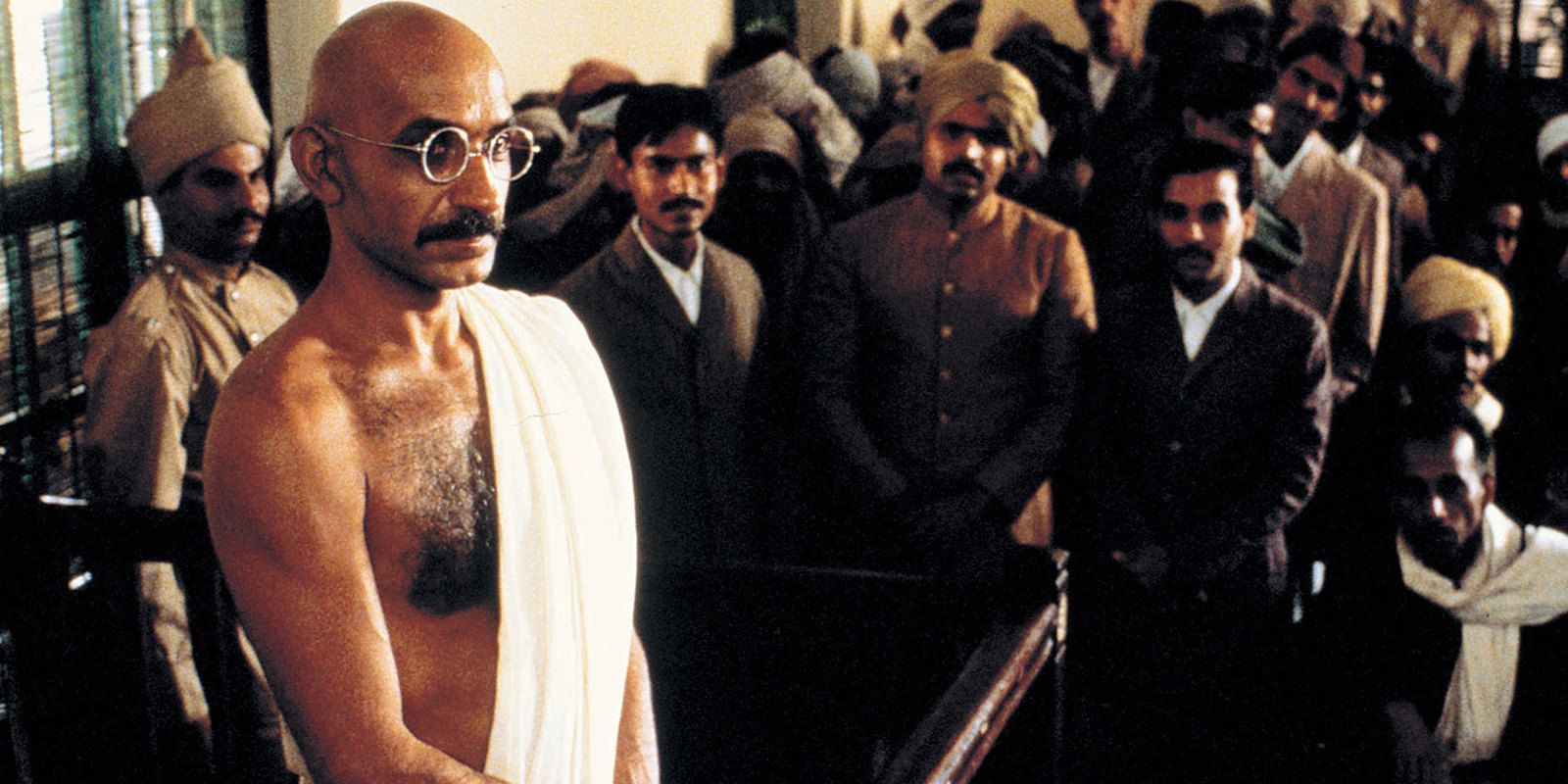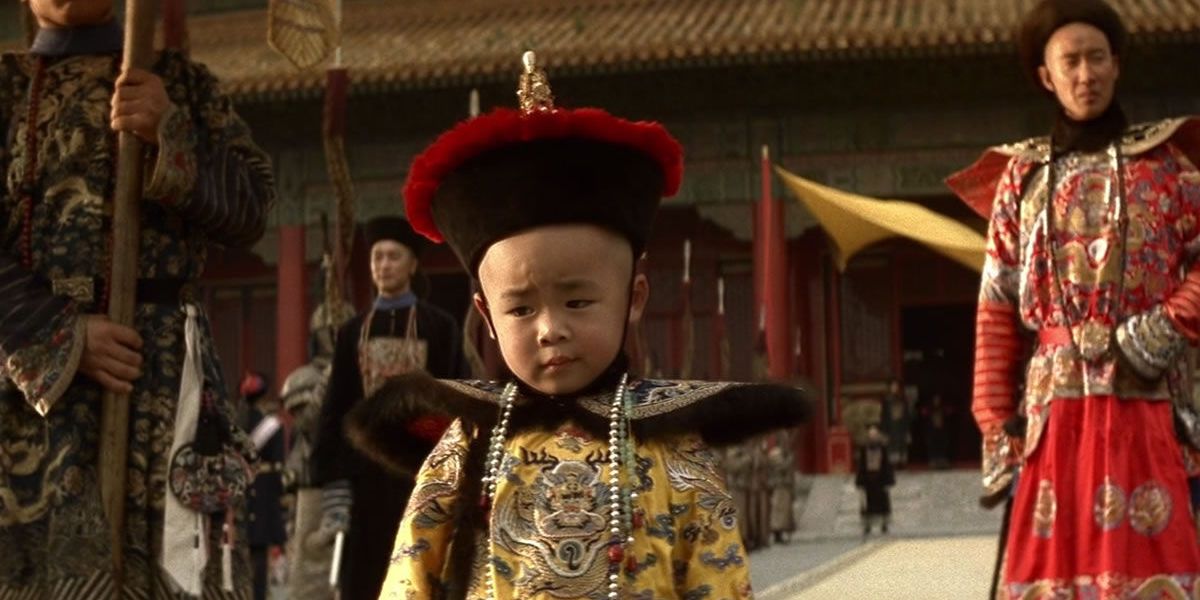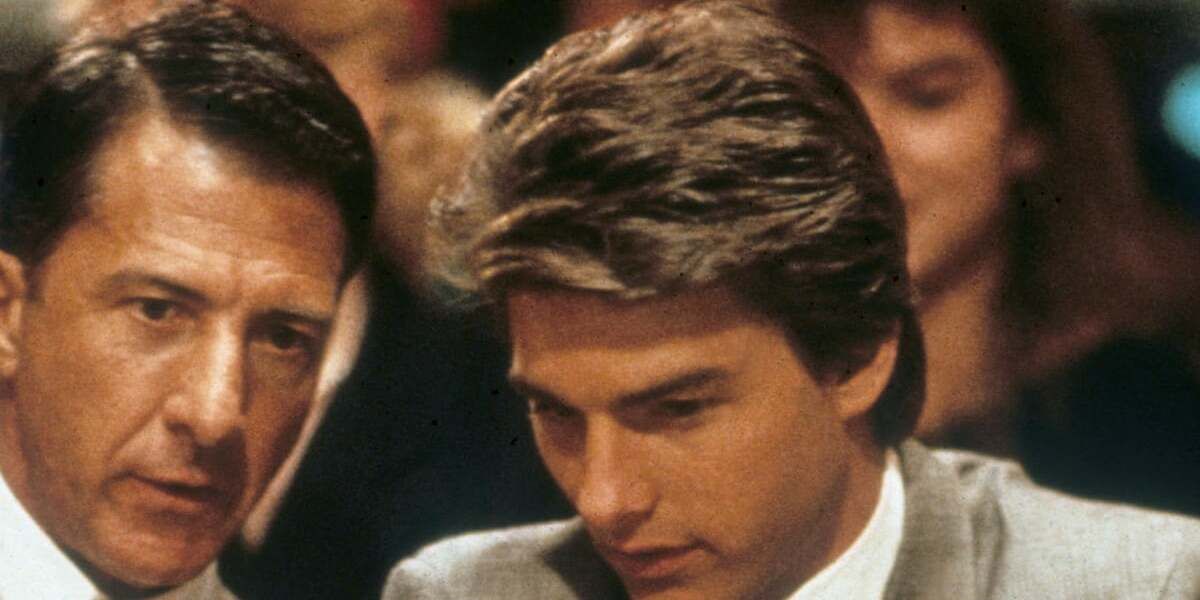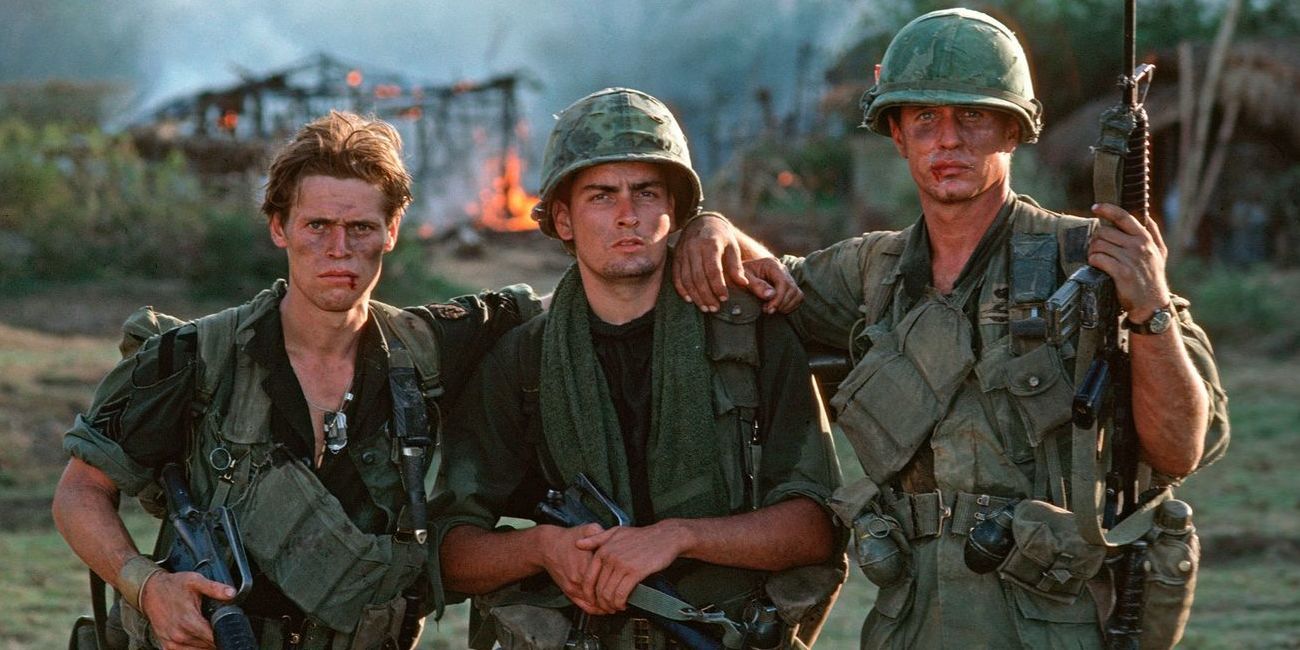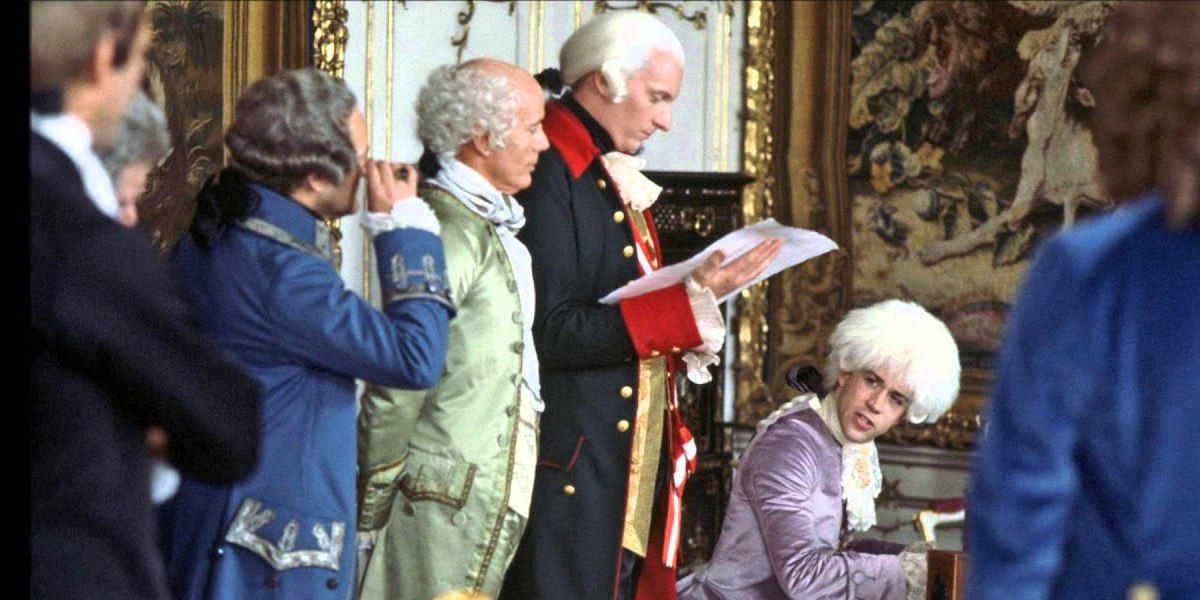The years between 1980 and 1989 gave the world some truly remarkable cinema. Though none of the Best Picture winners were cultural phenomenons like the constant stream of blockbusters that dominated the decade—think Back to the Future or The Empire Strikes Back—the ten films awarded the most coveted statue in Hollywood is a collection of thematically diverse and unusually mature affairs largely from filmmakers that had accrued legendary status throughout the previous decade.
Though these ten films were deemed the "cream of the crop" by the Hollywood elite, some of them don't soar as high as others. Here are the Best Picture winners of the 80s, ranked worst to best.
Out of Africa (Won - 1986)
The worst of the bunch is one of two winners involving Robert Redford. Though Out of Africa does contain an excellent performance from Meryl Streep, the overwrought, overlong period-piece was a slog to get through for audiences in 1985, present-day audiences would likely be snoozing ten minutes in.
The film, directed by filmmaking genius Sydney Pollack, centers around the love story between a Danish upper-class woman and Redford's jungle hunter. The film's cinematography is pristine, but the film's win proves "Oscar Bait" is far from a modern trend.
Terms of Endearment (Won - 1984)
One of the go-to tearjerker films of the decade, this tragicomedy from master screenwriter James L. Brooks was an Academy Award powerhouse in 1984. Jack Nicholson gives one of his best-supporting turns as the astronaut neighbor of the film's central mother-daughter duo, played by Shirley Maclaine and Debra Winger, respectively.
The film spans several years of the two's lives that interweave with Nicholson's quippy appearances. Though the film remains a charming entry, very much a product of its time, Brooks and Nicholson would go on to greener pastures in the next decade.
Kramer vs. Kramer (Won - 1980)
Meryl Streep appears again in a Best Picture winner alongside a brilliantly restrained Dustin Hoffman for this heartbreaking portrait of divorce. The first winner of the decade, the film's win would set the stage for other more personal and intimate stories to win intermittently between the larger scale epics that shared the decade's wins.
Additionally, the thematic content of Kramer vs. Kramer would go on to inspire later filmmakers to make their own personal films about the costs of divorce like Noah Baumbach's Marriage Story.
Chariots of Fire (Won - 1982)
The inspiring true story about the importance of faith is this British film about the 1924 Olympic rivalry between a practicing Jew and a devout Christian missionary. The film's score has transcended the film, which is still a rousing sports film that's not-so-secretly not about running at all, but the film itself is a decidedly dated affair.
The two lead performances from Ben Cross and Ian Charleston are earnest and believable, which helps sell the interpersonal conflict of religion that makes the film so special.
Ordinary People (Won - 1981)
Robert Redford's directorial debut was this incredibly restrained portrait of a grieving family. Specifically, the film hones its dark lense on the effect of guilt on the brother of a boy who died who must now navigate his parents' intense bereavement while he traverses his own regret for his role in the fatal incident.
A serious and unsettling descent into life's cruel indifference, Ordinary People marked the arrival of a major directorial talent and one of the best debuts of the decade. Timothy Hutton as the guilt-ridden younger son is a particular standout in the excellent ensemble Redford assembled.
Gandhi (Won - 1983)
In comparison to the quiet human drama of the previous two winners, Richard Attenborough's Best Picture biopic of the great Indian leader Mahatma Gandhi is a lush, lengthy, and epic spectacle of a film.
Sir Ben Kinglsey fills the titular shoes as the revolutionary non-violent protester that was once a humble lawyer. Attenborough's visually sumptuous film takes audiences through every major moment in Gandhi's life. A film in style and substance that would just simply never be made today, Gandhi is one of the screen's great political biopics. Kingsley is simply sublime, disappearing into the role completely, allowing the icon to live again through the silver screen.
The Last Emperor (Won - 1988)
Bernardo Bertolucci took home the famed statue in 1988 for another of the decade's big historical epics about the last emperor of China, a man named Puyi, who ruled for only four years before being forcibly adjudicated.
The film is a bit on the dry side by today's technologically advanced standards, but Bertolucci's eye for the landscape's naturally breathtaking beauty always makes sure there is something on the screen worth marveling at. The film represents the troubled director at the height of his cinematic powers.
Rain Man (Won - 1989)
Still one of Tom Cruise's best and most beloved dramatic roles, Rain Man pairs the star with master thespian Dustin Hoffman in one of his greatest showings as an autistic man who is a mathematical savant.
Cruise plays the man's brother, who takes him on a road trip that jumpstarts their relationship. Rain Man flourishes with a confident and witty script that allows for the two dynamic performers to really explore the prickly sibling relationship. Poignant, funny, and one of the most purely entertaining out of the ten, Rain Man is rightfully remembered as a classic.
Platoon (Won - 1987)
Oliver Stone has been making waves with his political statements disguised as dramatic films for the better part of the last fifty years. Perhaps his greatest work is this brutal and realistic take on the Vietnam War conflict. Stone's direction and screenplay remain some of his best work in the fields, and the cast assembled to play the young unit of American soldiers is one of the best of the 80s, including the likes of Tom Berenger, Johnny Depp, Charlie Sheen, and, in an iconic performance, Willem Dafoe.
Platoon's imagery is haunting and sobering, the plight of the soldiers illuminating the hellish nature of the war.
Amadeus (Won - 1985):
Phenomenal, hauntingly brilliant, stunningly staged, and so on down the line of adjectives. Amadeus, based on the hit Broadway play, tells of the fictionalized life and murder of W. Amadeus Mozart, the greatest composer who ever lived.
The film's portrayal of the bitter professional rivalry is matched by the best production design and screenplay of the decade. Additionally, the music of Mozart stands alongside the two leads as a sort-of third protagonist. The film took home an astonishing eight awards and has only grown in reputation since. It's the best film of the 1980s and simply one of the finest films of the modern era.

